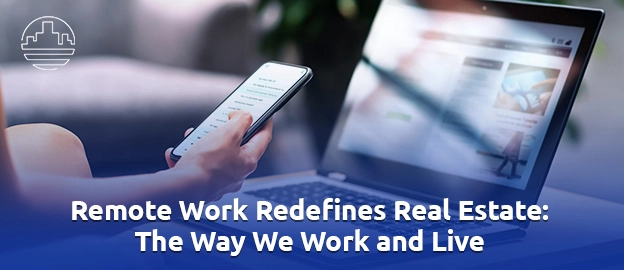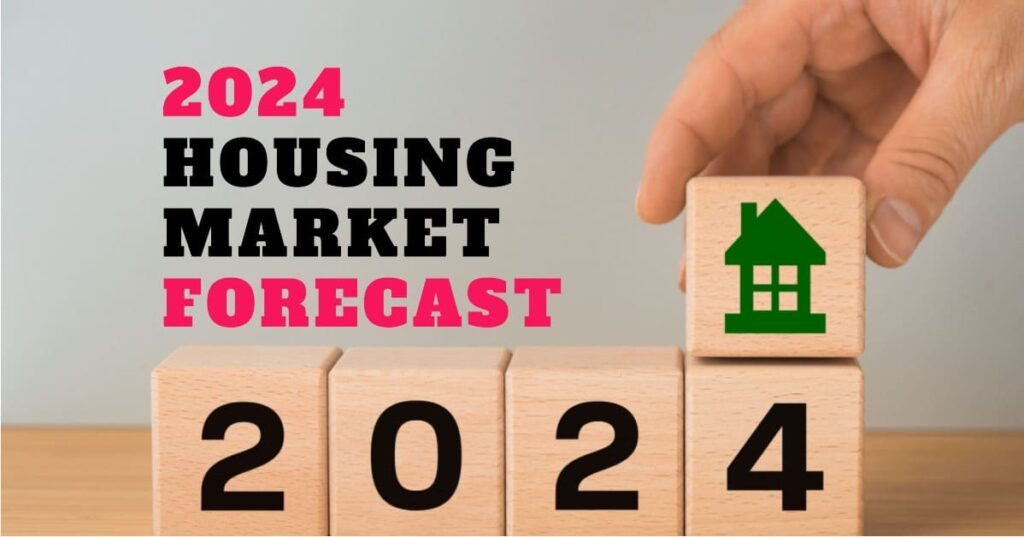The Role of Blockchain in Real Estate: A New Frontier for Investment and Ownership

Introduction: As cryptocurrency continues to gain traction, the potential for its use in the real estate market is an interesting topic to explore. In this blog, we will delve into the world of blockchain and its potential impact on the real estate industry. Blockchain technology allows for decentralized property ownership, meaning that the ownership of a property can be recorded on a digital ledger, making it more transparent and secure. This could lead to increased trust among buyers and sellers, as well as a reduction in transaction costs. Smart contracts are self-executing contracts with the terms of the agreement directly written into code. In the real estate market, smart contracts could be used to automate the process of buying and selling properties, reducing the need for intermediaries and saving time and money. Blockchain’s inherent security features make it difficult to tamper with or hack, providing a secure platform for recording property transactions. This could lead to a reduction in fraud and a more trustworthy environment for buyers and sellers. As the use of cryptocurrency in real estate becomes more prevalent, it’s possible that investors will turn to blockchain-based assets as a way to diversify their portfolios. This could lead to the emergence of new investment opportunities and strategies in the real estate market. Conclusion: The role of blockchain in real estate is an intriguing prospect for the future of the industry. As technology continues to evolve, it’s essential to stay informed about its potential impact on the market and how it may shape the future of real estate investment and ownership.
The Impact of Remote Work on the Housing Market in 2024: Adapting to a New Normal

Introduction: With the rise of remote work and the shift to a more digital economy, the housing market in 2024 will be influenced by the changing needs of workers. In this blog, we will explore how remote work is impacting the housing market and how homeowners and potential buyers can adapt to this new normal. As more people work from home, the demand for flexible housing options, such as coworking spaces and live-work lofts, is expected to grow. This may lead to an increase in the supply of short-term rental properties as landlords cater to the needs of remote workers. With remote work comes an increased emphasis on work-life balance, leading to a focus on amenities such as outdoor spaces, gyms, and entertainment options. This may drive the demand for properties with these features, potentially leading to higher prices for homes with the best amenities. Cities with strong telecommuting infrastructure, such as high-speed internet and access to public transportation, are expected to become more attractive to remote workers. As a result, these cities may experience increased demand for housing, leading to higher prices and rental rates. As more people work from home, there may be a shift towards urban centers with strong telecommuting infrastructure and a vibrant social scene. This could lead to a decline in demand for suburban housing, as remote workers seek out urban living options. Conclusion: In 2024, the impact of remote work on the housing market will be felt across various aspects, from the demand for flexible housing options to the role of urban centers. As the world adapts to this new normal, it’s essential for homeowners and potential buyers to stay informed and adapt to changing market conditions to make the best decisions for their housing needs.
Real Estate Forecast for 2024: A Glimpse into the Future

Introduction: As we approach the end of 2023, it’s time to look ahead and forecast the trends that will shape the real estate market in 2024. In this blog, we will discuss the key factors that will influence the housing market, including economic conditions, demographic shifts, and technological advancements. Let’s dive into the future of real estate together. Conclusion: In 2024, the real estate market is expected to be shaped by a combination of economic stability, demographic shifts, and technological advancements. While there may be challenges, such as rising inflation and the need for balance in sustainability, the future of real estate looks promising for those who stay ahead of the curve. As always, it’s crucial to stay informed and adapt to changing market conditions to make the best decisions for your home-buying journey.


